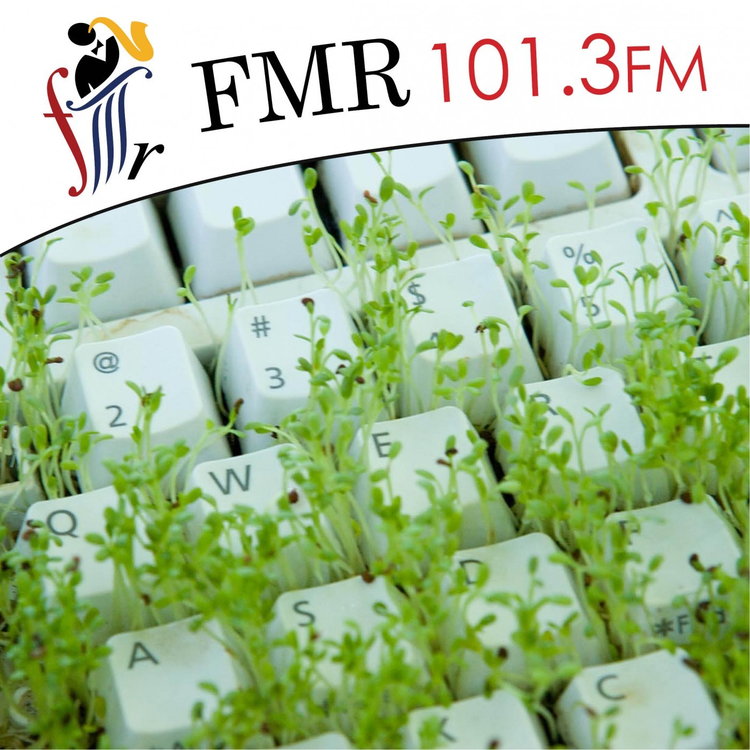
Being Green - 02 November 2018
Loading player...
For a long time promoters of “green” thinking have been urging businesses and industrialists to take the impact of their activities into account. It’s common sense really – if you look after the goose that lays the golden eggs, the golden eggs will keep coming.
Farming obviously is one of those business areas where looking after the environment should pay dividends, but that isn’t always the case. Too often it’s been a case of big yields as quick as possible, and worry about the consequences after you’ve got into the market early and made a profit.
After all there’s plenty of land, so we can move on can’t we? If you fly over the potato-growing areas of South Africa you’ll see what I mean - great swathes of circular dry degraded lands in the centre of those rotary irrigation points. The soil is no longer up to yielding a crop, so move on. I’m not specifically pointing a finger at potato farmers though – it’s just easier to see the effects from the air.
Farming obviously is one of those business areas where looking after the environment should pay dividends, but that isn’t always the case. Too often it’s been a case of big yields as quick as possible, and worry about the consequences after you’ve got into the market early and made a profit.
After all there’s plenty of land, so we can move on can’t we? If you fly over the potato-growing areas of South Africa you’ll see what I mean - great swathes of circular dry degraded lands in the centre of those rotary irrigation points. The soil is no longer up to yielding a crop, so move on. I’m not specifically pointing a finger at potato farmers though – it’s just easier to see the effects from the air.

